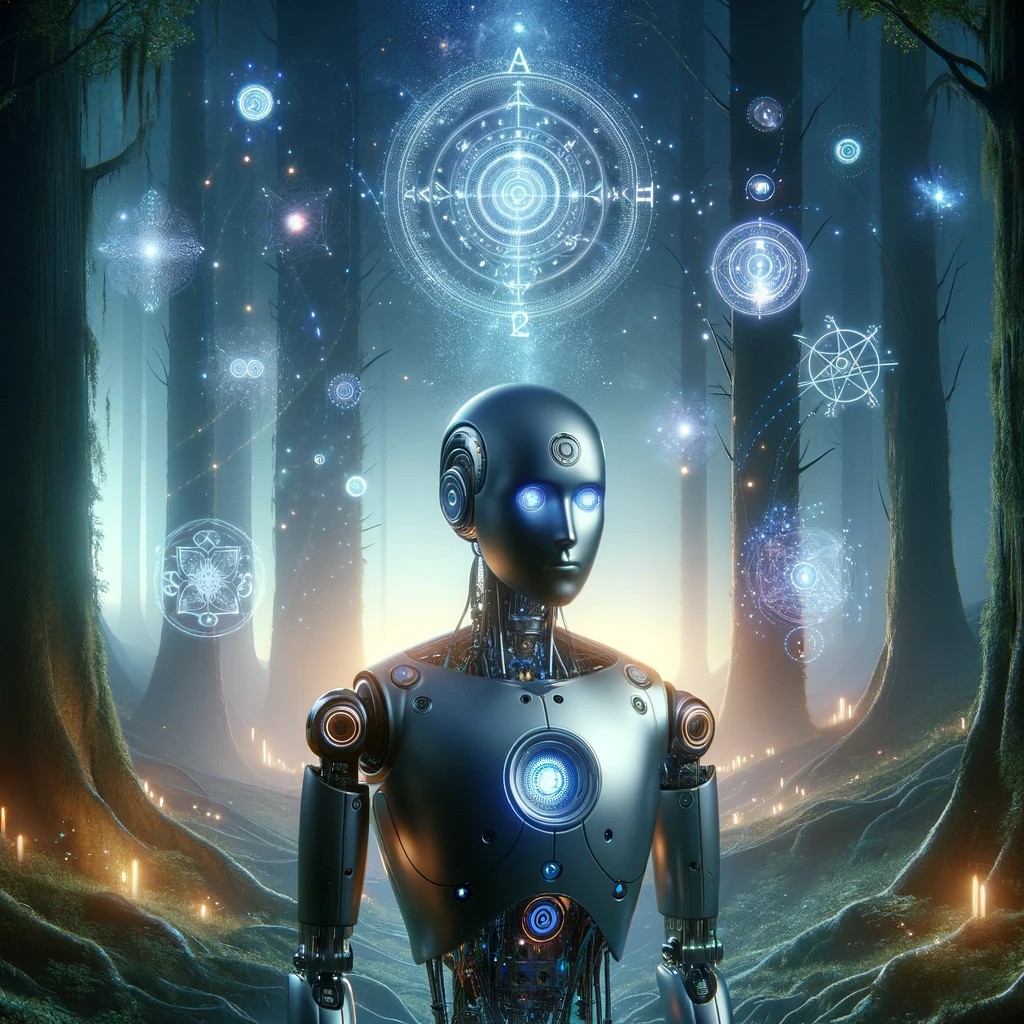Wizards of the Coast (WotC), the renowned publisher of Dungeons & Dragons (D&D) and Magic: The Gathering, has openly acknowledged the use of artificial intelligence (AI) in the creation of promotional art for Magic: The Gathering. This revelation comes after initial denial and fan scrutiny, raising important questions about transparency and AI’s role in gaming art.
AI components in Magic art
The controversy began when sharp-eyed Magic: The Gathering enthusiasts noticed what appeared to be AI-generated elements in promotional art associated with the game. WotC vehemently denied these allegations initially, asserting that the art was entirely human-made. However, as the debate raged and fans provided compelling evidence suggesting AI involvement, WotC ultimately conceded that AI components had been utilized.
In a statement on Twitter, the company explained that the background of the promotional image had been sourced from a third-party vendor. WotC further admitted, “AI components that are now popping up in industry-standard tools like Photoshop crept into our marketing creative, even if a human did the work to create the overall image.” This revelation marked a significant shift in the company’s stance.
The use of AI in creating art for beloved games like Magic: The Gathering and D&D had already been a contentious issue. Fans and artists cherish the craftsmanship and creativity of human-made art that has historically adorned these games’ cards and books. Therefore, any suggestion of AI involvement sparked a wave of backlash and intense scrutiny.
WotC faced considerable criticism as fans pointed out AI-generated telltale signs within the promotional images. While the company initially dismissed these concerns as a “false positive,” the persistence of fans and the weight of the evidence forced a reevaluation of their stance. The ensuing controversy underscored the importance of maintaining the integrity of human-made art in these gaming worlds.
Company response and future transparency
Following the acknowledgment of AI involvement, Wizards of the Coast issued a full statement on its website. In this statement, the company clarified that using AI components was unintentional and not deliberate. They expressed a commitment to working closely with their third-party vendors to ensure that human-made art remains a requirement for their products.
The company also pledged to prioritize transparency moving forward. This commitment to transparency is seen as a crucial step to regain the trust of the gaming community and reassure fans and artists that AI-generated elements will not compromise their cherished human-made art.
The lessons learned
The controversy surrounding WotC’s use of AI-generated art highlights the delicate balance companies must strike when incorporating AI into creative processes. While AI can offer efficiency and innovation, it must be applied thoughtfully and transparently, especially in industries where human creativity and craftsmanship are highly valued.
This incident serves as a valuable lesson for companies across various sectors. In the age of the internet, where vigilant individuals scrutinize every detail, transparency and honesty are paramount. Companies venturing into AI-driven creative processes must ensure that human involvement remains central and that any AI components are disclosed.
Wizards of the Coast’s acknowledgment of AI involvement in promotional art for Magic: The Gathering has stirred debate within the gaming community. It serves as a reminder that while AI can be a powerful tool, it must be used judiciously, with transparency and respect for the traditions and expectations of fans.
A Step-By-Step System To Launching Your Web3 Career and Landing High-Paying Crypto Jobs in 90 Days.
